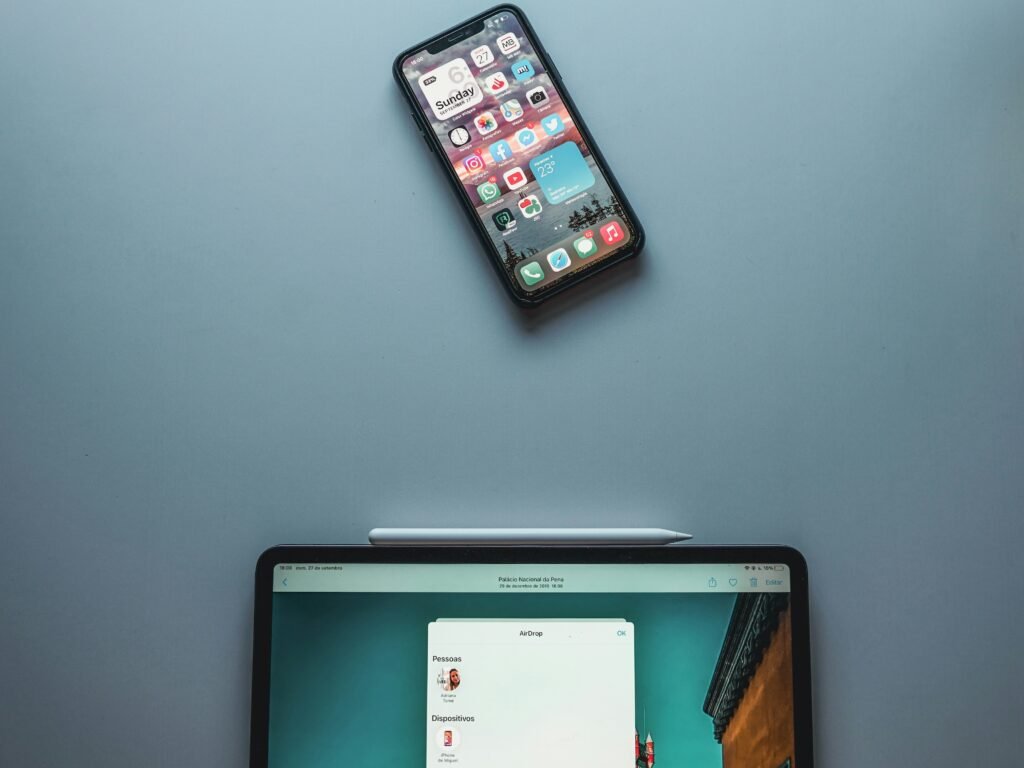
The European Union continues to push for greater interoperability between tech ecosystems, with Apple’s iOS as its latest target. In an effort to promote seamless integration, the EU is advocating for Apple to make features like AirDrop and AirPlay accessible to Android and other platforms.
A recently released document from the European Commission outlines proposed changes to iOS that aim to enhance compatibility with third-party devices. This includes enabling iOS notifications to function on non-Apple smartwatches and allowing third-party apps to run in the background as smoothly as Apple’s native apps do—an area where apps for accessories like non-Apple smartwatches often struggle.
Opening AirDrop and AirPlay
The EU’s demands include significant modifications to two key Apple features:
- AirDrop: The file-sharing service, currently exclusive to Apple devices, would need to be accessible from third-party devices. The EU states that Apple must provide the necessary protocol specifications to allow apps and services on non-Apple devices to send and receive files using AirDrop.
- AirPlay: While AirPlay is partially available on select third-party products like TVs, the EU wants Apple to extend its functionality. This includes allowing third-party devices to act as AirPlay senders, enabling broader compatibility similar to Google’s Cast technology, which works across Android, iOS, and other platforms.
Apple’s Response and Privacy Concerns
Apple has voiced concerns about the proposed changes, particularly regarding privacy and security. The company highlighted that increased interoperability could potentially expose sensitive user data. Apple singled out Meta, claiming the company has made the most interoperability requests, which Apple argues could lead to privacy risks in users’ homes.
What’s Next?
The European Union is accepting feedback on its proposals until January 9, 2025. Should Apple fail to comply with any resulting mandates, the company could face substantial fines. As EU regulations continue to reshape the tech landscape, Apple’s tightly controlled ecosystem may soon undergo significant transformations.








